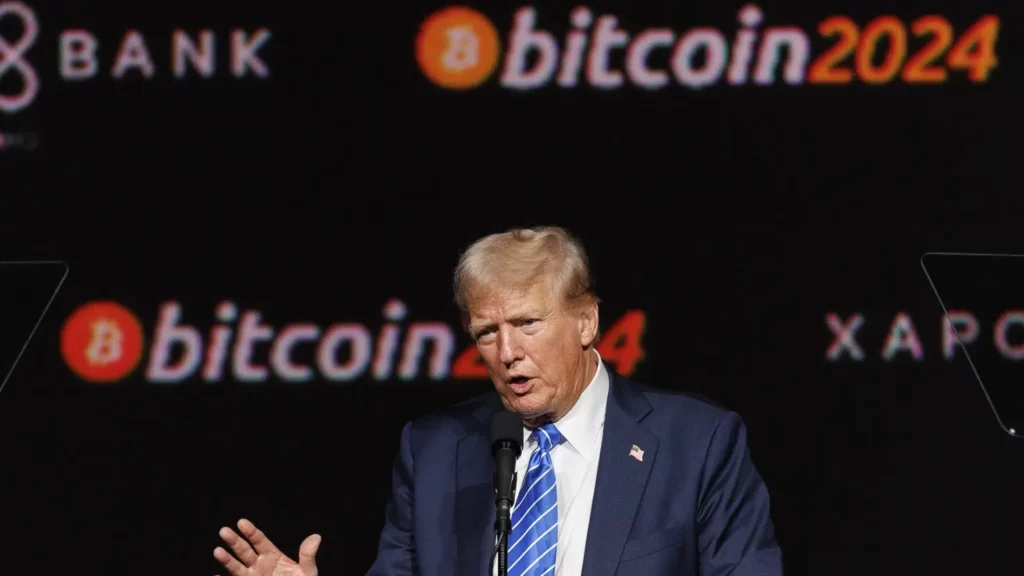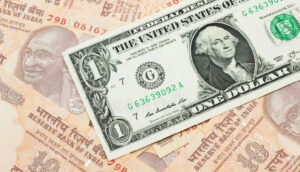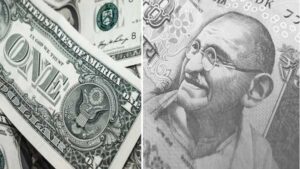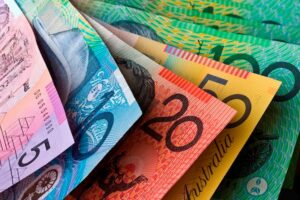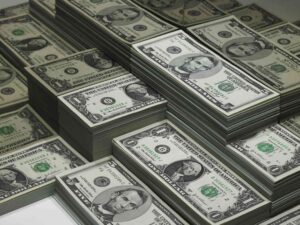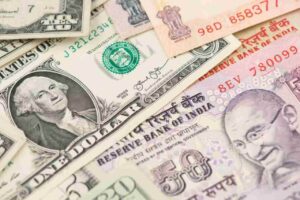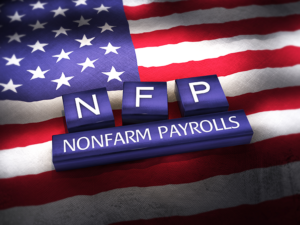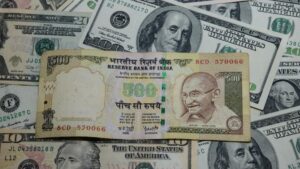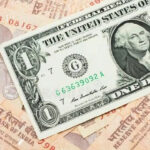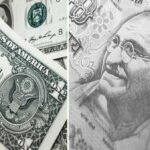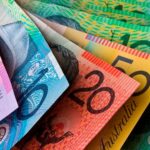Bitcoin Hits Three-Month High as U.S. Election Nears, Dollar Gains
In early Monday trading, Bitcoin surged to a three-month high, driven by increasing market volatility as the U.S. presidential election approaches. The dollar also looked poised to extend its gains, fueled by rising odds of former President Donald Trump reclaiming the White House in the upcoming November 5 election.
Bitcoin and the Dollar Surge Ahead of U.S. Election The dollar’s strength is being supported by Trump’s proposed tariff and tax policies, which are expected to maintain high U.S. interest rates. This outlook could weaken the currencies of key trading partners, offering the dollar a significant advantage.
Last week, currency movements in major markets were largely influenced by a dovish rate cut from the European Central Bank and robust U.S. economic data. These factors delayed expectations for interest rate cuts in the U.S., especially if Trump wins the presidency.
Yen, Euro, and Other Major Currencies Under Pressure The Japanese yen declined by 0.2%, trading at 149.26 per dollar, remaining stronger than the 150-per-dollar level it briefly breached last week. The dollar index, which tracks the greenback against a basket of major currencies, sat at 103.49 after gaining 0.55% for the week. However, risk appetite grew on Friday, slightly weakening the dollar after China revealed details of a new stimulus package.
The euro was flat at $1.0862, while the British pound also remained stable at $1.3041. Meanwhile, Bitcoin, benefiting from Trump’s favorable stance on cryptocurrency regulation, rose 0.2% to $68,869, following a recent peak of $69,487. The cryptocurrency has seen an 18% rise since October 10.
Market Focus Shifts to U.S. Election and Corporate Earnings With no major economic events scheduled this week, market attention will center on corporate earnings and potential U.S. election risks. Chris Weston, head of research at Pepperstone, noted that with just two weeks until the election, traders must decide whether to place election-related trades with greater conviction.
Weston added that the most effective way to hedge against Trump’s tariff risks is to go long on the dollar versus the euro, Swiss franc, and Mexican peso.
Rising U.S. Real Interest Rates Bolster the Dollar Analysts, including Brad Bechtel from Jefferies, highlight that rising U.S. real interest rates are a key driver behind the dollar’s strength, particularly against the euro, yen, and Mexican peso. Bechtel expects this trend to continue leading up to and possibly after the U.S. election if Trump wins.
Last week, the yen fell 0.3%, the euro dropped 0.6%, and the Mexican peso plummeted by 3%. In contrast, the dollar gained momentum, driven by widening gaps between U.S. bond yields and those of other countries, such as Germany and Britain. The U.S.-German 10-year bond yield spread has widened to 189 basis points, giving the dollar a yield advantage.
The pound also came under pressure as U.K. inflation readings weakened, and expectations grew that Finance Minister Rachel Reeves would announce a bond-friendly budget on October 30.
Looking Ahead: Japanese Election and Market Impacts Japan’s general election, set for Sunday, October 27, is expected to have minimal market impact. Polls suggest that the ruling Liberal Democratic Party (LDP), alongside its junior coalition partner Komeito, will likely retain power, providing stability in Japanese markets.


